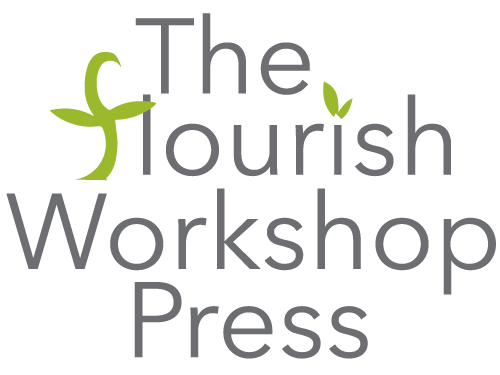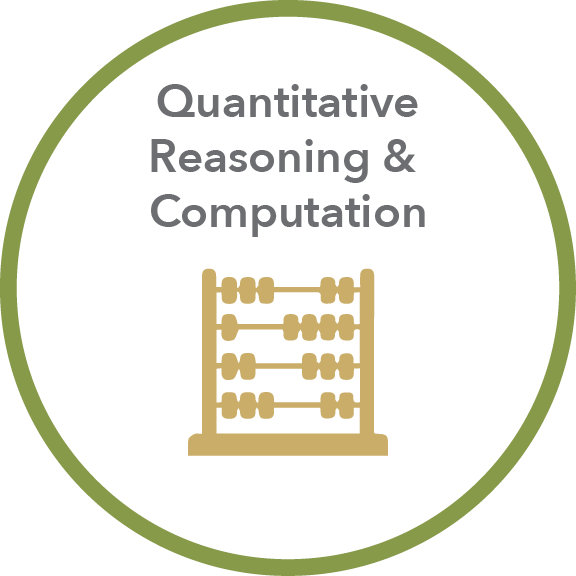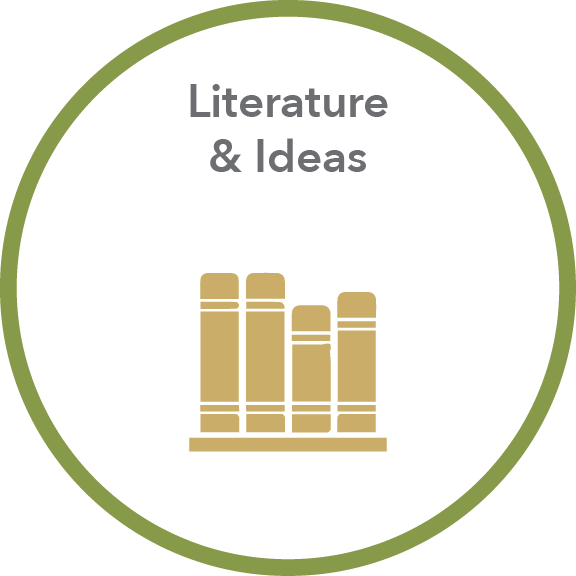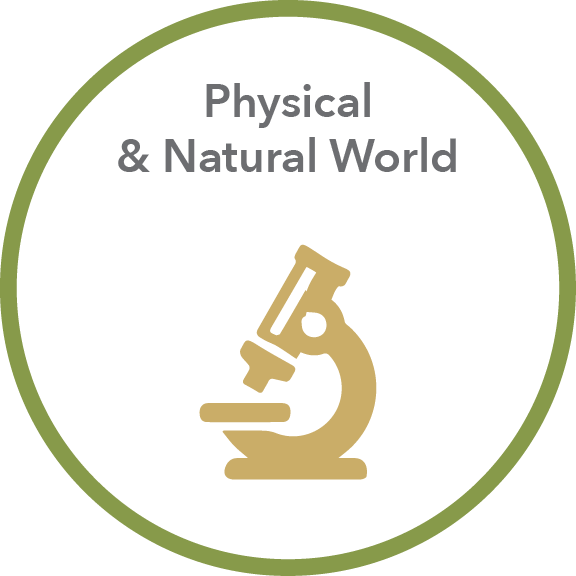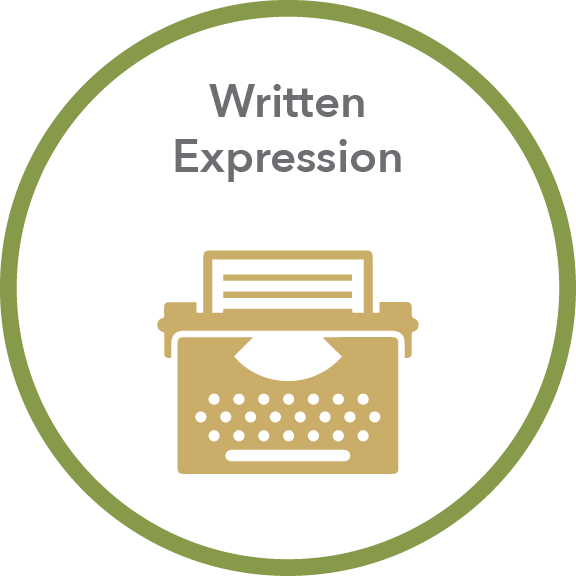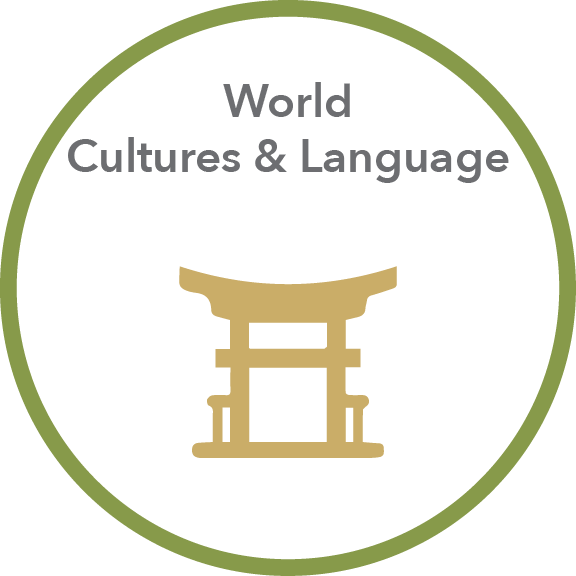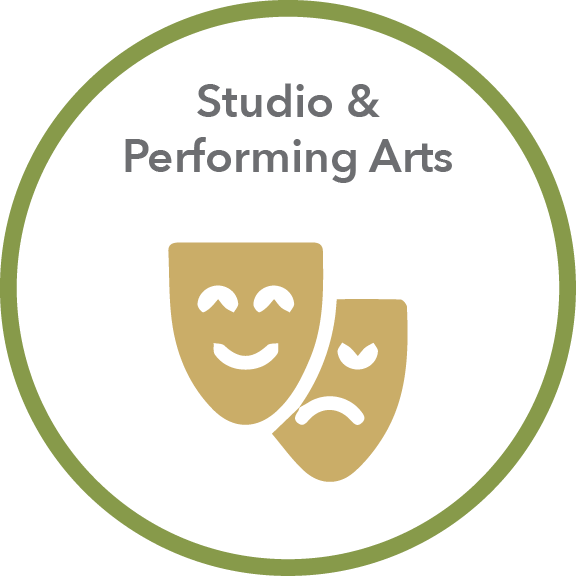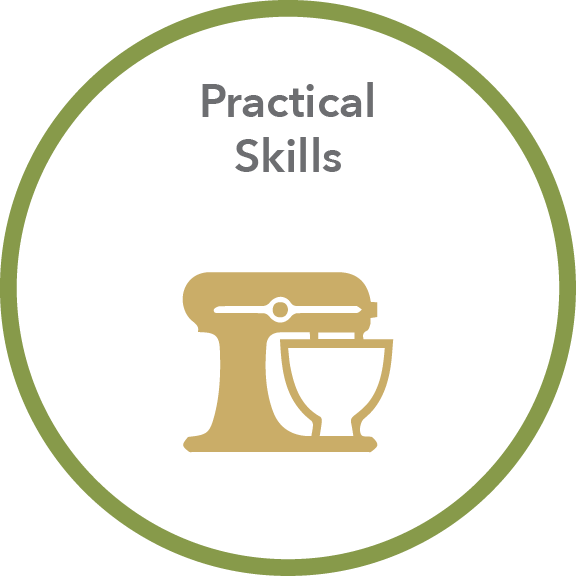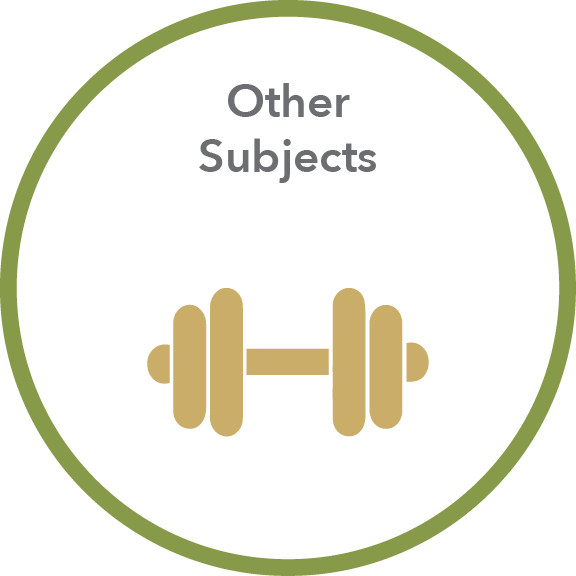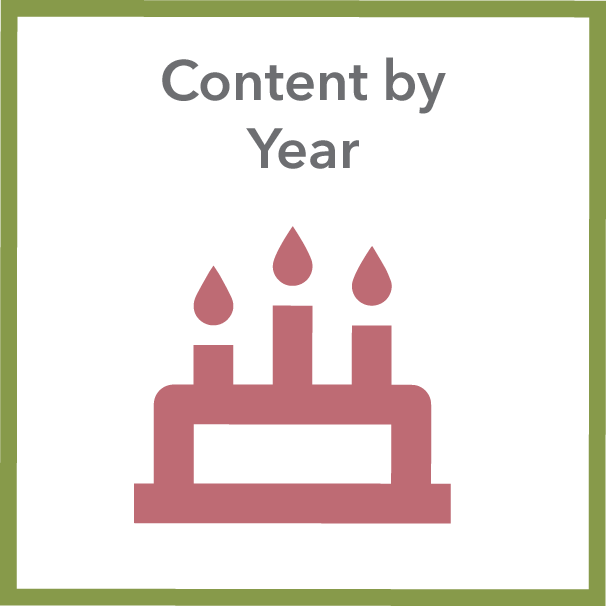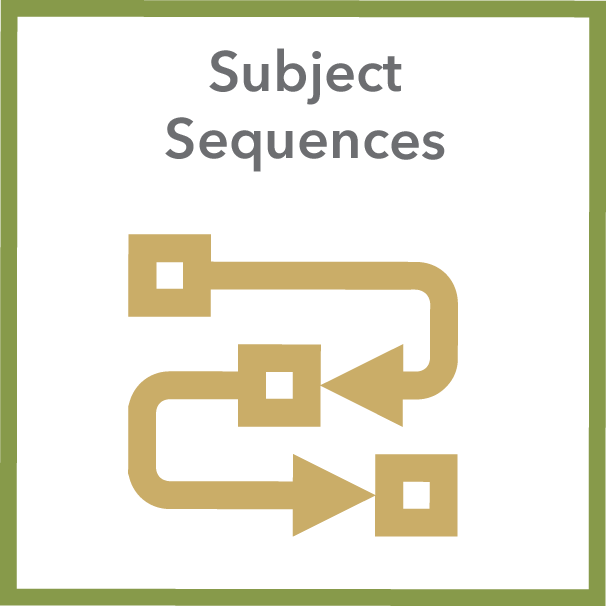Curriculum Framework Overview
(a work in progress)

Overview
The Flourish Workshop’s Curriculum Framework is modeled on the “general education” or “core curriculum” programs common to many colleges and universities. It seeks to provide students with a core of skills, knowledge and experience that will enable them to function effectively in a rapidly changing and complex world. Adapted to the needs of younger learners, it provides a systematic pattern for growth and learning. The form and content of the Framework are designed to establish a rich foundation from which students can build an academic program that will help them first to define and then to achieve their goals.
Like most university core curriculum programs, it balances structure with choice and flexibility. Students will pursue studies that cross the full range of academic disciplines, but within those parameters, you will have ample opportunity to tailor their academic work to their unique interests and abilities. Confined neither to the classroom nor to a stack of books, the Framework takes advantage of the opportunities that the homeschool environment affords, allowing students to integrate learning into all aspects of life. It is built on a routine that encourages in-depth studies while leaving ample margin for imaginative play during the primary years and independent pursuits during the intermediate and secondary years.
The homeschool parent’s role in this Framework is that of a guide and mentor. You will work with your students to develop a course of study thats reflect their interests, aptitudes, and needs. Successful implementation of the Framework requires a deep understanding of your learners, a desire to fill in gaps in your own knowledge so that you can offer informed guidance and instruction when needed, and a willingness to spend the time necessary to create the atmosphere and content that you envision. It is a pursuit that is at once rewarding, challenging, and full of delight.
Know that you are not alone in this journey. Over time, we will be sharing resources, tools, and techniques to help you implement the framework successfully. You will learn how to integrate resources you already love, discover new ones, and learn to create your own, should you wish to do so.
Content Areas
The Framework covers all traditional academic subjects that may be required by state homeschool regulations, but we have regrouped and renamed some areas (e.g. “human relationships” instead of “social studies”) in order to reflect more accurately the content covered. Below is an overview of the content areas we include in our framework.
Quantitative Reasoning and Computation
Students will develop skills and confidence in quantitative, logical, computational, and algorithmic reasoning through practical problems and applications with the goal of understanding these methods as both ways of solving problems and ways of knowing. Students should learn to appreciate the power and value of these methods while recognizing their limitations. Includes content in mathematics, statistics, formal logic, and computer programming.
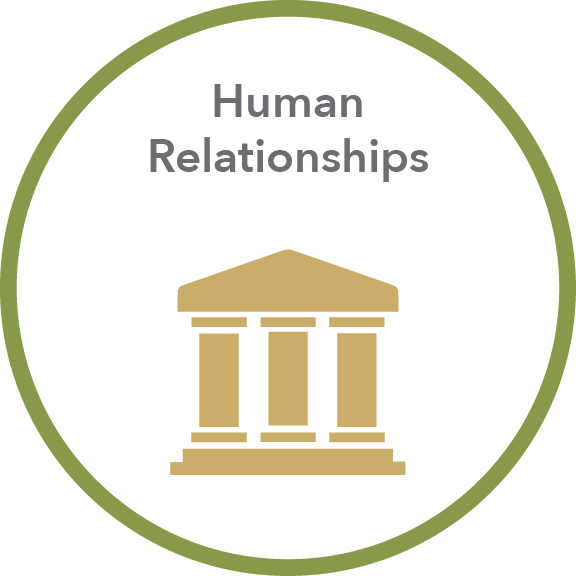
Students will approach the study of history and the social sciences as a form of inquiry in order to understand the complex, dynamic nature of of the social, political, and economic spheres with the goal of understanding the continuity and diversity of human experience. Includes content in civics, history, economics, human geography, political science, and psychology.
Students will read, analyze, and discuss imaginative and philosophical works that attempt to understand and communicate the human experience through language. In the process, they will see a wider view of their own lives and society and begin to understand and articulate fundamental truths about themselves, other people, and the world. Includes content in reading, literature, philosophy, and world religions.
Students will be introduced to the basic concepts and methods of science through inquiry, critical thinking, application, and communication. Over the course of their studies, they will developing a deep understanding and appreciation of the order, dynamics, and essence of the natural and physical worlds as well as their own roles as responsible stewards of the environment. Includes nature study, biology, chemistry, physics, earth and atmospheric sciences, and engineering.
Students will learn effective strategies for communicating ideas and opinions in writing through a wide variety of developmentally appropriate and relevant writing tasks. They will learn to make their ideas clear and coherent at the level of sentence, paragraph, and document, and they will adapt their written work to different purposes, audiences, and subjects. Includes grammar, mechanics of writing, expository writing, visual literacy, and creative writing.
Students will learn about the world’s diverse heritages and peoples through a study of languages, history and culture. They will learn to communicate effectively in a second language and develop an understanding and appreciation of the cultures and values of the countries in which the language is spoken.
Through creative engagement and critical thought, students will learn to understand and appreciate the creative process. They will also examine the ways in which the visual and performing arts reflect, explore, and convey the human experience. Includes music, studio art, dance, and theater.
Students will gain practical knowledge in the areas kitchen/cooking skills, home keeping, outdoor and survival skills, money management, and handwork.
Students will learn functional health knowledge in the areas of physical, emotional, social, and mental well-being. They will learn to identify and reduce health risk behaviors and to develop strategies for developing and maintaining a healthy lifestyle.
Structuring Your Time
This framework is built on routines that are adapted to the needs of students at different ages.
The Year
For planning purposes, our year is divided into two semesters and a brief summer session with full stops in between each term.
- Fall Term: Sixteen weeks of academic work with one week off at some point during the term. Typically runs from mid-August to mid-December.
- Fall Break: A two week full stop, typically in late December.
- Spring Term: Eighteen weeks of academic work with two weeks off at some point during the term. Typically runs from early January to early May.
- Spring Break: A one week full stop, typically in early May.
- Summer Session: Six week summer session with work or activities planned for three to four days per week. Typically runs from mid May to late June.
- Summer Break: Six week full stop.
The Day
At different ages, the days are made up of the following blocks:
- Books and Tea: The start of every day with all students gathered around the table to discuss plans for the day, address any concerns or issues, and to focus on a single high-interest topic. Generally includes tea, coffee, or cocoa.
- Table Work: Focused work at the table with direct instruction, if needed, or active support.
- Afternoon Activity: Time for hands-on science activities, art projects, and creative pursuits during the primary years.
- Guided Work Time: Period introduced in the intermediate years. Students are given a list of tasks to do and time to work on them. Parent or instructor is fully available to offer guidance and help as needed, but not necessarily sitting with the student and offering direct instruction or immediate feedback unless it is needed or requested.
- Afternoon Conference: A daily one-on-one meeting introduced during the late intermediate years and used throughout the secondary years to offer feedback on a student’s work and to help the student make plans for his or her supported or independent work time.
- Supported Work Time: Period during the intermediate years where students complete assigned work and pursue projects related to their own interests. Parent or instructor is available for consultation and feedback as needed.
- Independent Work Time: Period during the secondary years where students complete assigned work and pursue projects related to their own interests. Depending on the needs and abilities of the students, parent or instructor may or may not be freely available for consultation and immediate feedback.
